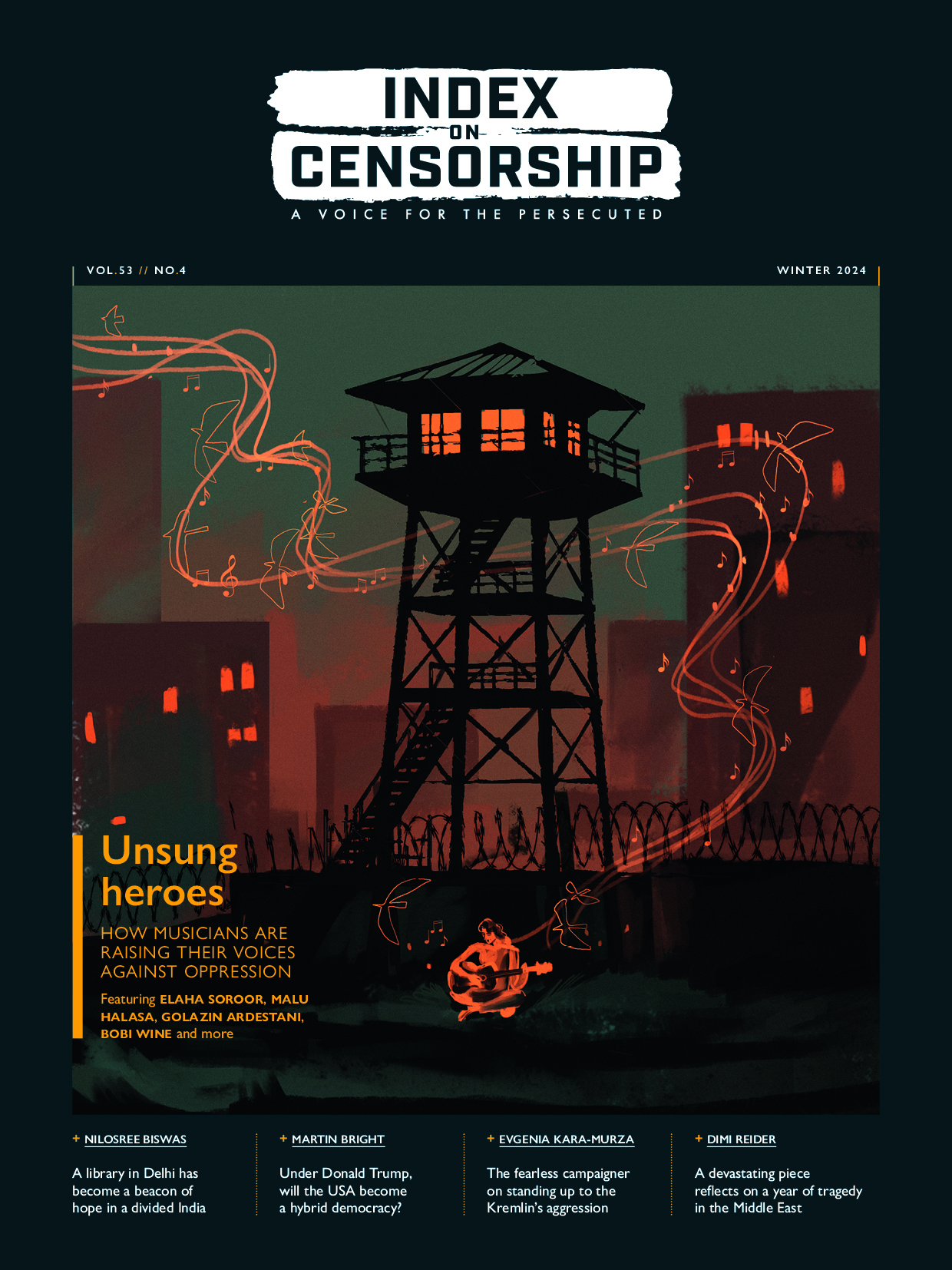
Kunle Olulode, director of Voice for Change England
The opportunity to re-introduce Astrid Lindgren’s children’s literary figure Pippi Longstocking to a new Swedish generation in 2014 should have been a fairly innocuous affair. However, the decision to edit out parts of the programme, which originally aired in 1969, on anti-racist grounds caused a major furore. Two scenes in particular, Pippi’s reference to her father as King of the Negroes and secondly her slit-eyed impersonation of someone from China, were removed, provoking national and international debates about the rights and wrongs of the re-edit.
Critics rounded on the Swedish broadcaster SVT, accusing it of imposing adult PC values on a beloved fictional figure. But this situation is not unique to Sweden. The people who run television programming throughout western Europe are acting in the same way. The programme could be seen as simply part of work reflecting attitudes of a particular period. I fear there is a danger we lose the contextual understanding of the work and an understanding of the period by editing it in this way.
Mark Twain’s classic novel Adventures of Huckleberry Finn has been at the centre of a similar debate in the United States, but the book was always intended to be controversial. Critics rounded on it when it was first published in 1885. The Committee of the Concord Public Library in Massachusetts, publicly declared the book “couched in the language of a rough, ignorant dialect” and that “all through its pages there is a systematic use of bad grammar and an employment of inelegant expressions”.
The enterprising publisher saw this as a “rattling tip-top puff” and used the library ban and …
You can read the full article in the latest Index on Censorship magazine. Each magazine sale helps Index on Censorship fight for free expression worldwide. Order your copy here, or take out a digital subscription via Exact Editions (just £18 for the year).











